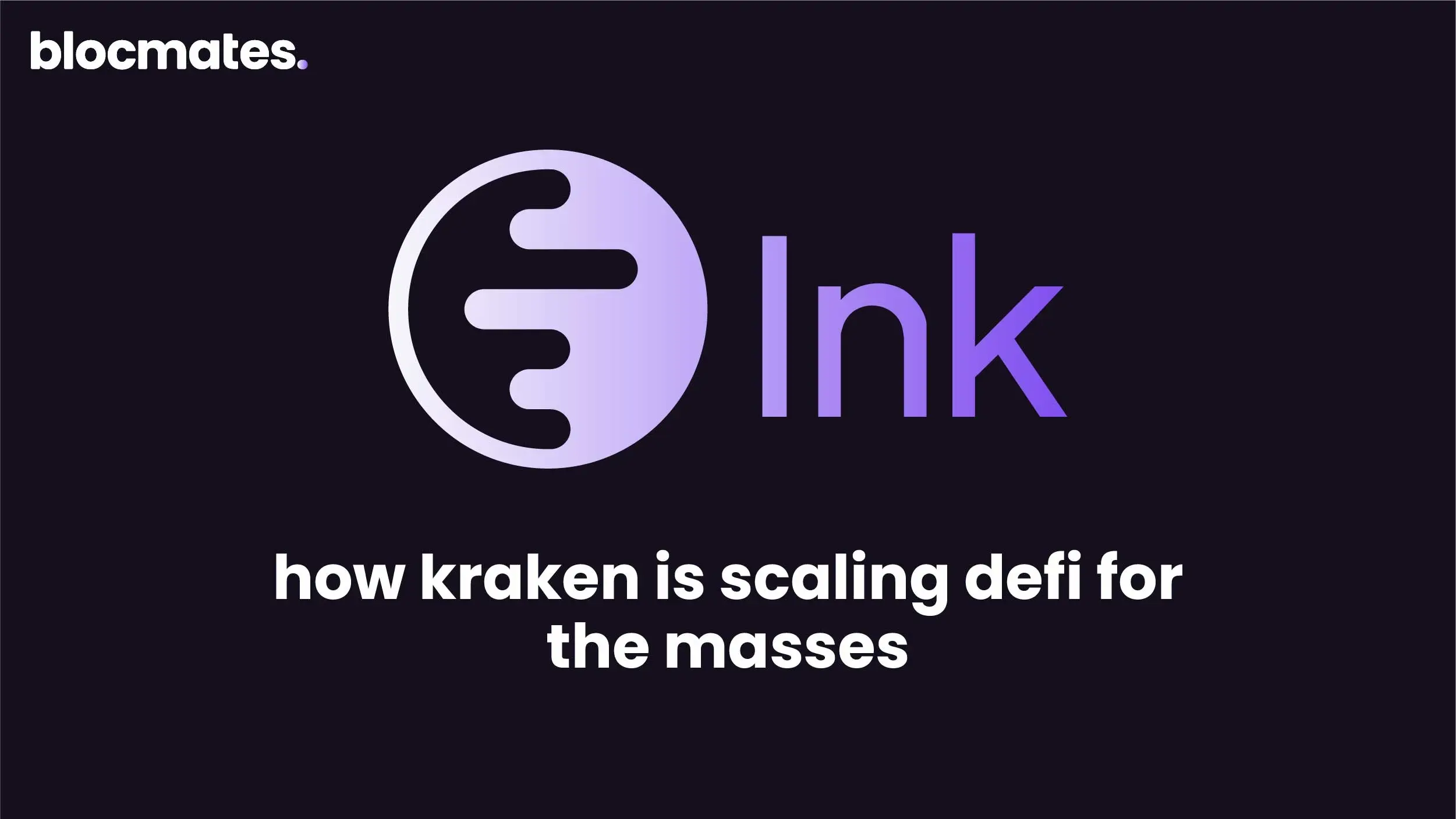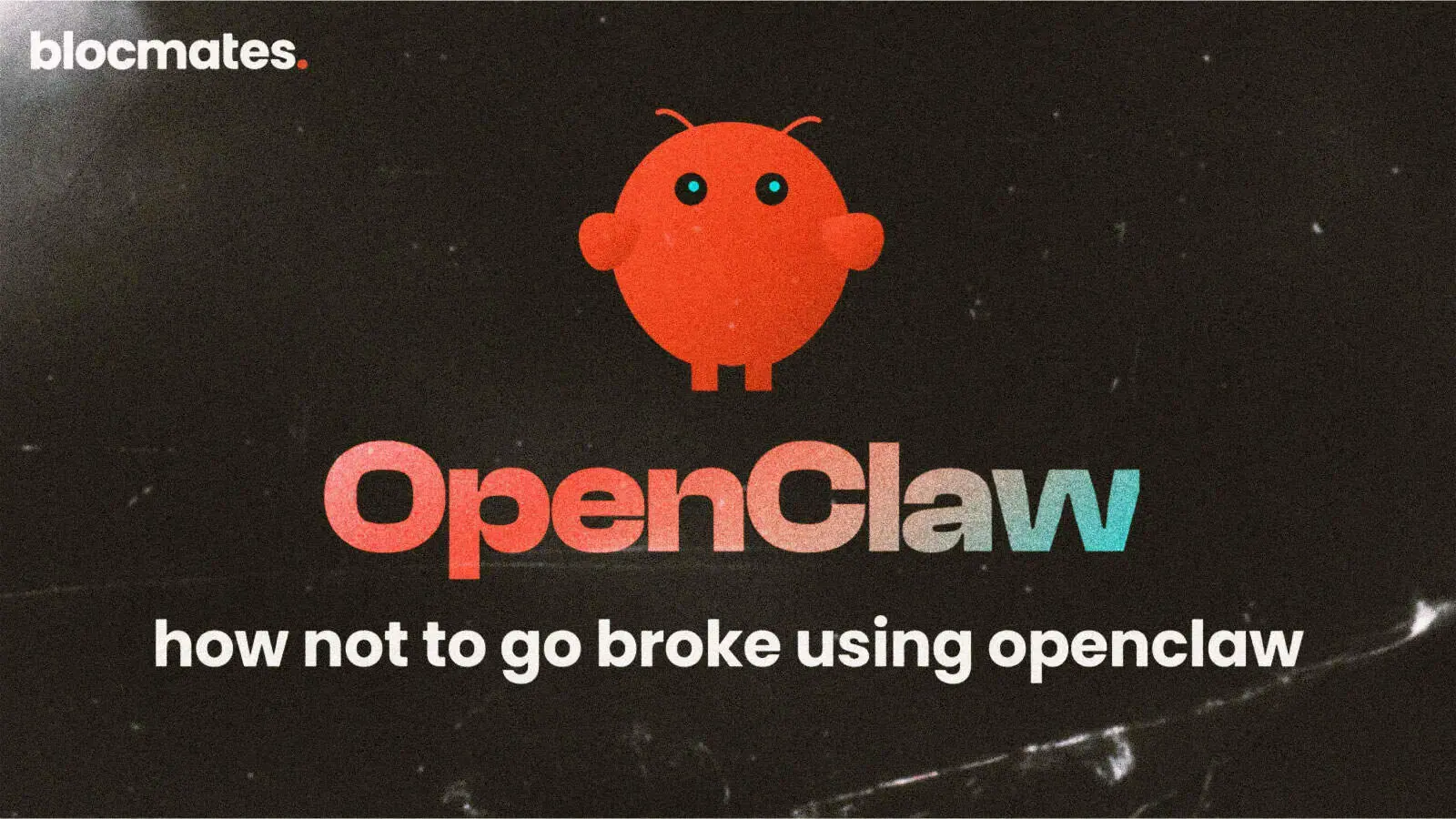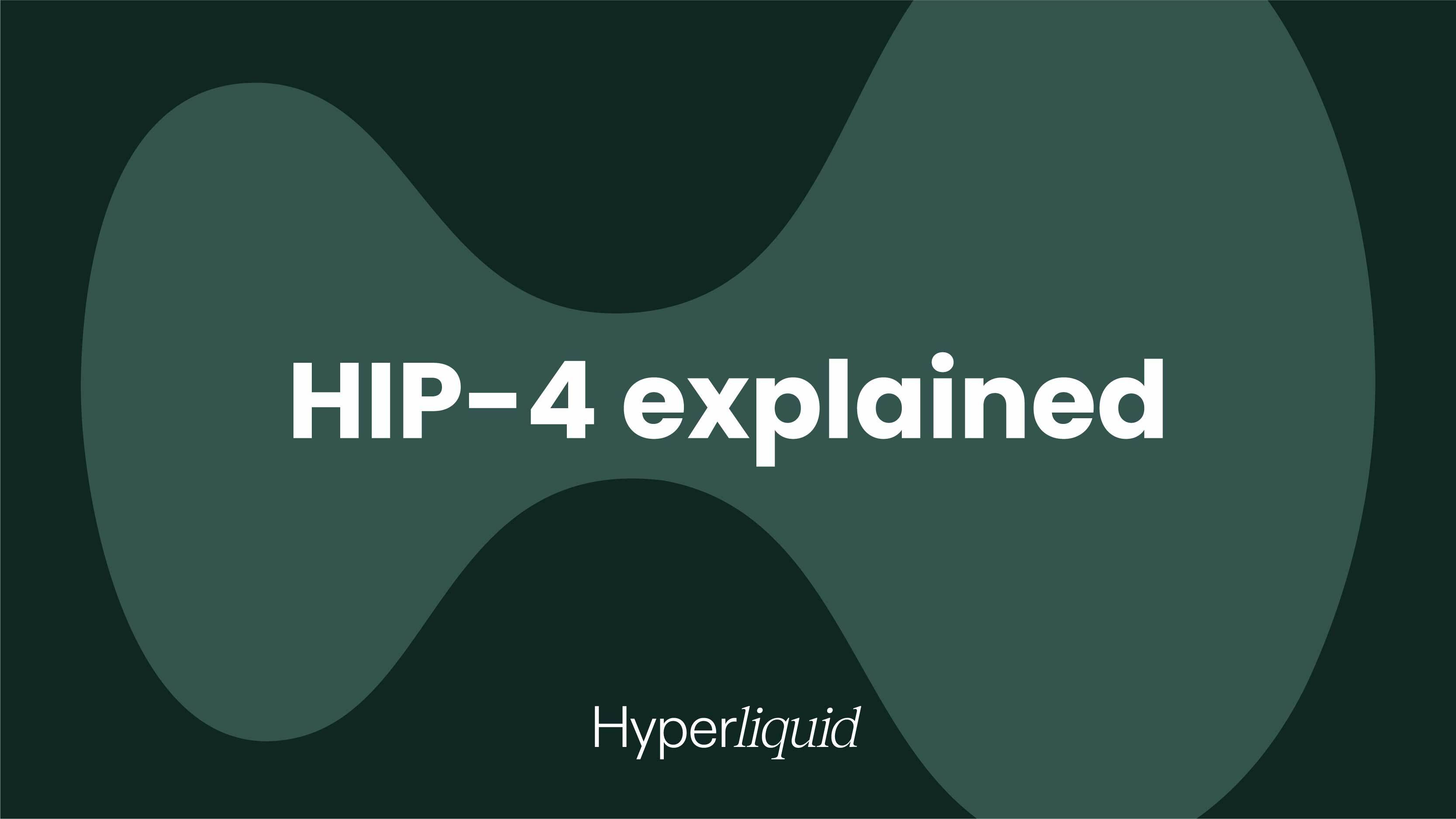Alexandra Shapiro, the lawyer representing the former CEO of crypto exchange FTX, filed an appeal and requested a new trial.
Details
- In a 102-page filed brief, Bankman-Fried’s lawyer expressed his disappointment with the way the case is being handled by Judge Lewis Kaplan
- He contended that the executive should have been allowed to present certain evidence and not been blocked from introducing evidence that FTX and its sister company Alameda were solvent
- The jury only saw “half the picture” as the court decided that Bankman-Fried’s intent to steal customer funds was irrelevant
- The lawyer also added that the former FTX executive had planned to testify about relying on legal advice for certain business decisions, but the court prevented him from doing so
- In November last year, a jury declared Bankman-Fried guilty, subsequently leading to a 25-year prison sentence for orchestrating "likely the largest fraud in the last decade
Why should you pay attention?
- This filing puts the case at a critical juncture because Shapiro says that Bankman-Fried had not lost or stolen all the money, and the investments he made “were not risky or stupid”
- He cited examples like the $500 million investment in Anthropic and Bankman-Fried’s investment in Solana to justify the executive’s prescientness
- Additionally, Shapiro affirmed that Judge Kaplan did not like Bankman-Fried during the trial and put “a thumb on the scale to help the government”
- He also accused the judge of "improperly” prodding the jury
Who said what?
- Shapiro wrote in the filing,
"That narrative [of SBF shelling out millions of dollars on luxury condos and political donations and evaporating funds] was false. As everyone now knows, FTX customers and Alameda creditors will be repaid by the bankruptcy estate”
Zooming out
- Bankman-Fried’s lawyer feels his client was “presumed guilty” by everyone — right from the media, debtor estate, and its lawyers to federal prosecutors, and the judge — even before he was charged
- Summing up the situation, Shapiro exclaimed in the filing that the prosecution was allowed to present a case that was objectively false, the defense was not permitted to rebut it, and as a result, he called for a new trial


































.webp)

.webp)
.webp)

%20(1).webp)



























































%202.webp)


.webp)

.webp)
.webp)
.webp)


.webp)
.webp)

.webp)
.webp)
.webp)


.webp)
.webp)










.webp)


.webp)









.webp)







.webp)




.webp)


























.webp)







.webp)















.webp)

.webp)
.webp)

.webp)














.webp)

.webp)


.webp)








.webp)




